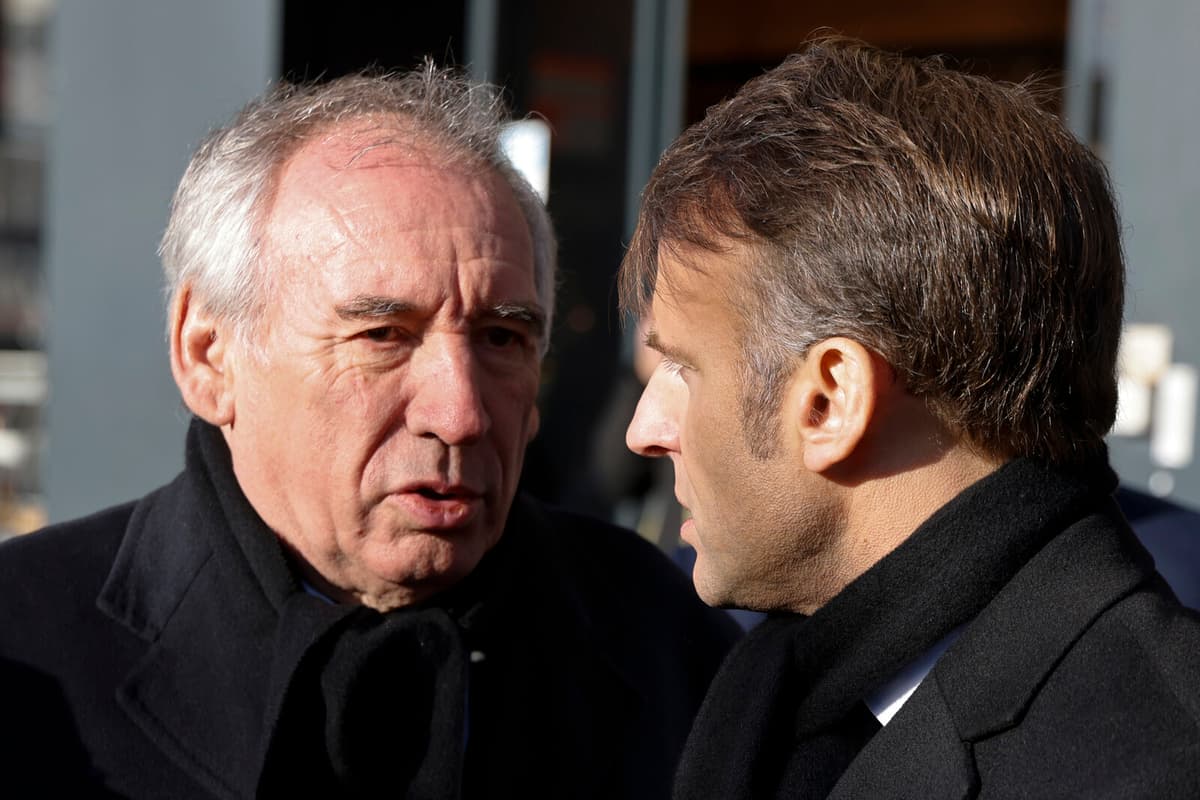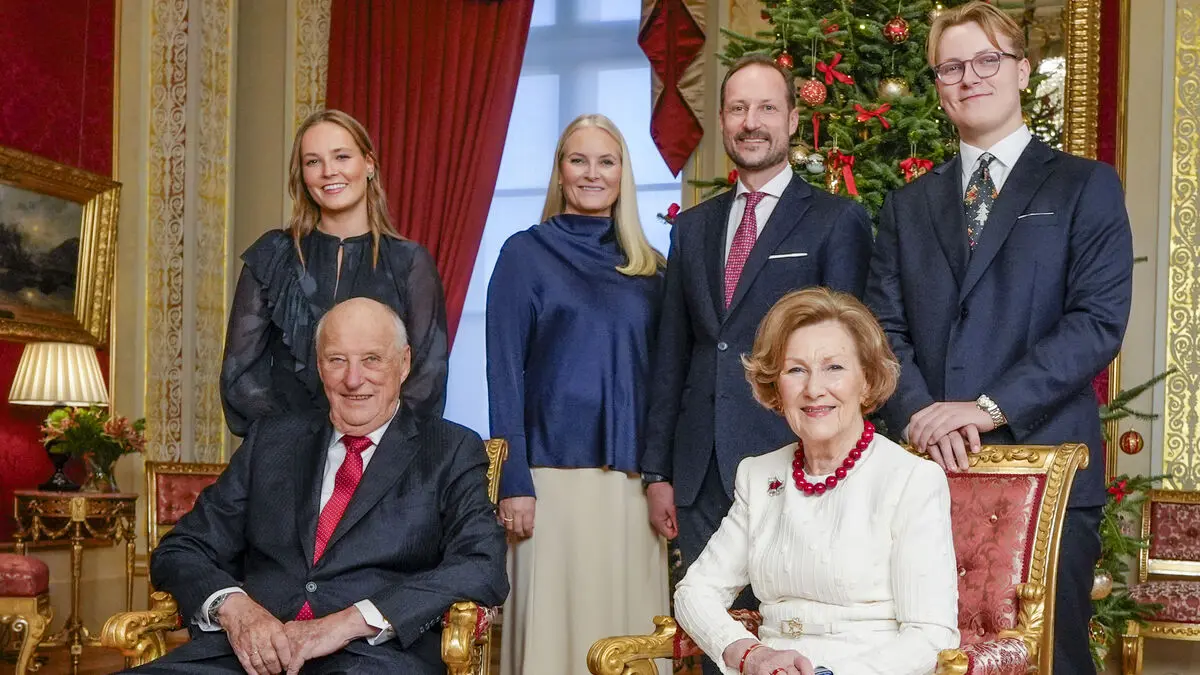In the premises of the CFDT trade union in Marseille in southern France, preparations are underway for the upcoming general strike that is expected to paralyze the country on September 10 and 18.
We will put our foot down. The government is not legitimate, the people want another government, says shop steward Robert Tran, 65 years old.
The widespread discontent is due, among other things, to the fact that Prime Minister François Bayrou presented a budget proposal with savings of nearly 44 billion euros in the summer to get to grips with the country's large national debt. Bayrou wants, among other things, to cut back on the public sector, freeze pensions, and abolish two public holidays.
The proposals have met with anger among the French.
The government is trying to save money, but it's always the people who are at the bottom who have to pay, says Robert Tran.
Why not cut the defense budget or remove the tax breaks that the rich take advantage of?
"Block everything"
On social media, a government-critical campaign "Bloquons tout" (Block everything!) has gained widespread attention. The campaign urges people to paralyze the country on September 10 by, among other things, blocking roads, train stations, and airports, and disrupting business at companies.
The authorities are preparing for the fact that the actions may have a major impact. Several trade unions have joined the protest movement, while others have announced a general strike a week later, on September 18.
Unemployed Mathilde Jolis, 33 years old, who is sitting at a café in the popular Le Panier neighborhood in Marseille, is looking forward to the protests getting underway.
I'm looking forward to September 10 and hope the strikes will go on for a very, very long time. We need to get a new government, she says.
All opposition parties, from right to left, have condemned Bayrou's budget proposal. During the week, the Prime Minister, in a last attempt to gain support for his line, has invited the parties to talks, but all indications are that Bayrou will lose the vote of confidence on Monday, September 8. This will also bring down his minority government. Jordan Bardella, party leader of the National Rally, calls the current government "a sinking ship".
"No one governs the country"
What will happen after the vote is uncertain. President Emmanuel Macron can appoint a new Prime Minister or call new elections. According to a survey by the Ifop opinion institute, 63 percent of the French are in favor of dissolving parliament.
Dominique Besnard, who owns an iron shop a stone's throw from the old harbor in Marseille, does not believe that an election will make a difference.
The political situation in France is catastrophic. Politicians are running in all directions, the national debt is growing, and no one governs the country anymore, he says.
Agneta Liljeqvist/TT
Facts: France's economic and political crisis
TT
In the new elections to the National Assembly in July 2024, there was no clear winner, instead, three blocks crystallized. The left-wing alliance New People's Front (NFP) became the largest with a total of 193 of the parliament's 577 seats. Macron's middle coalition got around 160 seats, while the far-right party National Rally (RN) got 126 seats.
After the election, the middle coalition formed a minority government with the support of the right-wing party The Republicans. In December, Prime Minister Michel Barnier was forced to resign after only three months in office, after he lost a vote of no confidence. His successor François Bayrou has been in office for eight months.
France's national debt is a staggering 3,345 billion euros (around 37,000 billion kronor), which corresponds to 114 percent of GDP. The budget deficit is expected to be 5.6 percent of GDP this year. The EU requires a budget deficit of no more than 3 percent.






